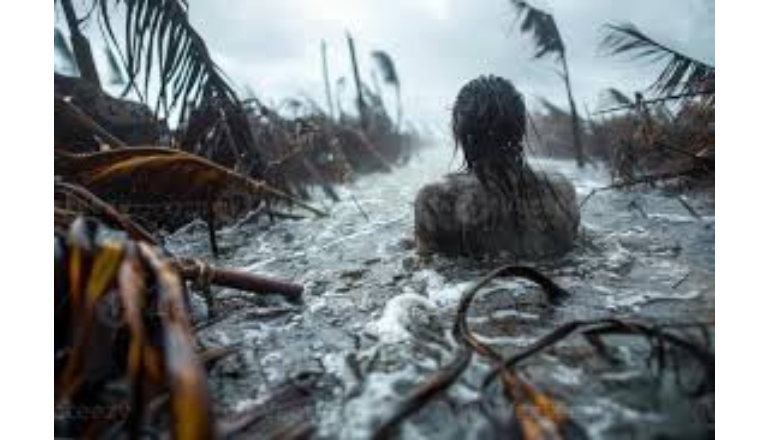Indeed, Nature’s Fury on a Rampage! For long, we have ignored the Natural warnings.
While the nation is limping back from the shock of the Wayanad landslides, we are hit with the news of a cloud burst in Uttarakhand, Malana dam rapture in Himachal Pradesh, and landslides in both states and floods (bulged rivers engulfing buildings). 14 casualties were reported from Himachal on 1st August alone.
As per news reports 32 rain-related deaths were reported in 24 hours from 7 north states. Considering all this climate casualties will easily cross 4-digit numbers this year. Recalling here, the numbers caused by nature’s fury were less than 400 last year.
Undoubtedly, extreme weather events like heat waves, droughts, landslides, cloudbursts, and flooding have been occurring in India. These events appear more frequently as climate casualties rise.
I would like to draw your attention to two important points here:
a) How vulnerable is India to climate change?
b) How to expedite remedial action?
As per a report published by the World Economic Forum, India is the most vulnerable country to climate change, followed by Pakistan, the Philippines, and Bangladesh, based on an HSBC ranking. The bank evaluated 67 markets on climate change vulnerability, extreme weather sensitivity, energy transition risks, and responsibility.
India is one of the countries highly prone to climate change. As per a Council on Energy, Environment, and Water (CEEW) report published in 2021, “more than 80 percent of India’s population lives in districts highly vulnerable to extreme hydro-met disasters.” This serves as a reference report for me as it is the first to include macro-level (district) assessments.
The study emphasized a few crucial points, including:
a) The southern region of India is most susceptible to the effects of extreme weather events, with the eastern, western, northern, north-eastern, and central regions following suit.
b) In the eastern and western regions of India, respectively, 59 and 41% of all districts are extremely susceptible to severe cyclone events.
c) India’s northeastern states are prone to flooding, while the country’s central and southern regions are more at risk of severe droughts.
d) The Climate Vulnerability Index (CVI) indicates that Assam, Andhra Pradesh, Maharashtra, Karnataka, and Bihar are extremely vulnerable to extreme climate events like floods, droughts, and cyclones.
According to the report, India’s climate vulnerability is primarily caused by an unsustainable landscape, inadequate infrastructure planning, and human-induced microclimate change.
Even though India is doing better than many of its global peers in terms of meeting its NDC targets, energy transition programs, and carbon emission reductions, the rise in incidents necessitates quick action.
Following are some suggestions that, if implemented on priority may help arrest the impact to a certain level.
a) Prepare a climate-ready community
b) Empower local bodies to tackle climate incidents
c) A crackdown on illegal/unauthorized/environmentally harming constructions
d) Ensure new constructions comply with the green norms
e) During infrastructural developments, secure areas that are landslide-prone with iron nets and safety tools
f) Promote sustainable ways at all levels
g) Stricter action against polluting entities or individuals
h) Reclaim land being commercialized in the environment-sensitive zones
i) Fast-track energy transition
j) More policies and regulations that enable climate action
I am an eternal optimist.
I am hoping we can calm Nature’s Fury.
I am hoping there will be action and that my hope does not remain, JUST HOPE.











